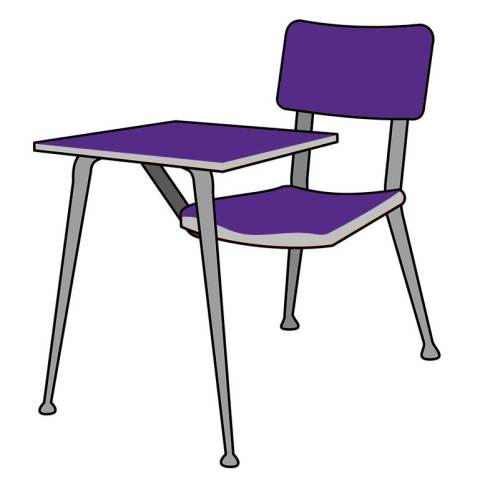

As our teenagers learn, grow and develop in today’s digital culture, teachers have noticed that our students less often display the characteristic of persistence as part of their work ethic in our classrooms. When we challenge them with a difficult homework problem, many often respond by writing the exercise number on the notebook paper, and follow it with a question mark. If the homework asks them to do more than follow a memorized pattern, they dismiss the assignment as unreasonable. They infrequently show pride in sticking with a problem or enjoy the victory of beating a challenge. They not only avoid critical thinking—they dread it.
This shift in priorities does not necessarily indicate a lazier, less motivated generation, but instead might be a consequence of our new world. I think that, in an era of instant gratification and feedback, our children have less opportunity to advance the skill of tenacity. However, determination and dedication to succeed are virtues that our children still need to value in our changing world. Therefore, I encourage parents and teachers to work together and purposely teach persistence and endurance.
We need to remind our students that struggling through an academic challenge is a worthy educational experience. Our teens need to realize that we still support them even when we do not run to their rescue at the first sign of a trial on a homework problem; instead, we want them to gain something immeasurable by wrestling through a question by themselves.
We need to show our children clear examples of people in the "real world” who first hit dead ends in situations but then pull back, rethink the circumstances, try again and succeed. Coaches, doctors, military leaders, attorneys and engineers are among those who meet setbacks every day and have to change their strategy. We need to reassure our kids that frustration, angst, and a lack of confidence are normal and acceptable feelings when applying what they know does not seem to work in an academic task—but also that these reactions do not mean that they are inept or incapable of success.
Instead, we need to give our students chances to experience the internal reward of triumph. It is in the best interest of our students for us to guide them into developing and valuing the quality of “stick-to-it-ness.” The energy invested in helping students learn how to persist will prove rewarding for them and for us, long after they close their school books.